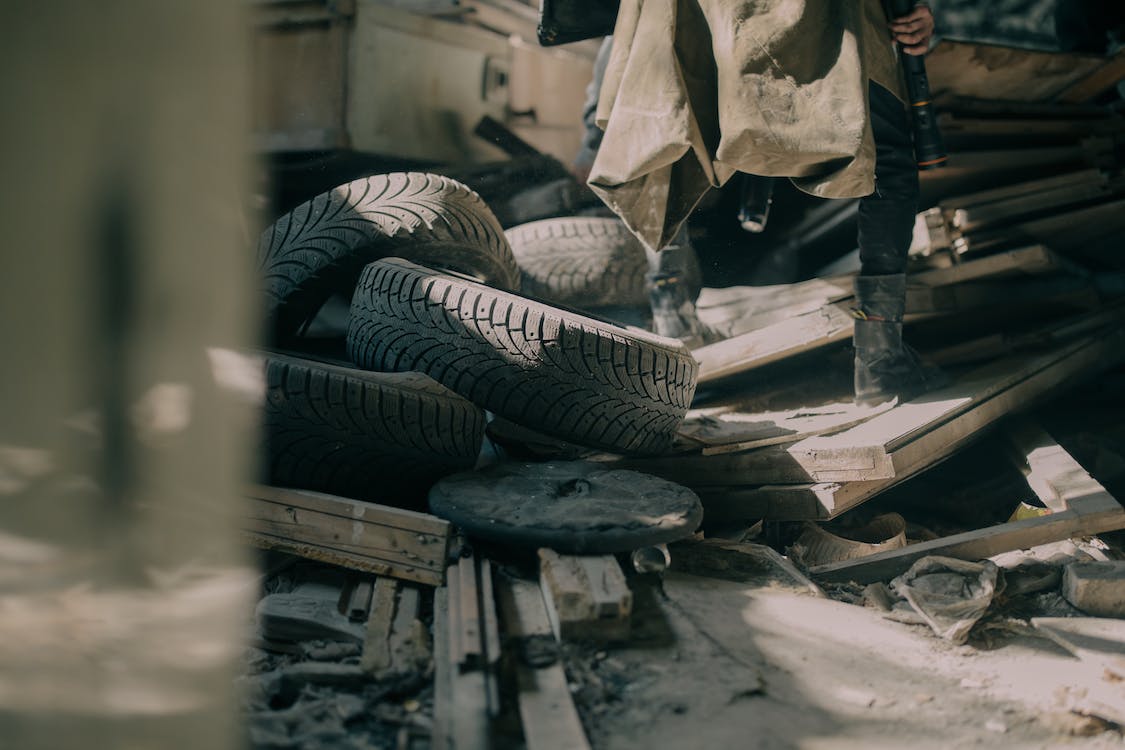Indian EPR for tyres is moving forwards with the latest mandate from the Indian government, the import of tyres for pyrolysis is explicitly banned
The Indian government has mandated that producers of waste tyres fulfil their Extended Producer Responsibility (EPR) obligations by purchasing EPR Certificates from registered recyclers.
The Central Pollution Control Board (CPCB) has asked all producers to fulfil their assigned EPR obligations for the fiscal years 2023 and 2024.
Indian tyre producers are now mandated to ensure efficient disposal of their products. This includes importers of new and waste tyres. They are required to procure EPR Certificates from accredited recyclers and regularly submit quarterly and annual reports to regulatory bodies.
“All registered Recyclers are hereby directed to generate EPR certificates against the waste tyres recycled. Furthermore, recyclers shall also recycle the waste tyres available with them and generate the EPR Certificates for them. The EPR certificates shall be generated on the EPR portal in compliance with the Hazardous and Other Wastes (Management & Transboundary Amendment Rules, 2022) fulfilling the SOP/Instruction sheets available at EPR portal,” a CPCB notification said.
Recyclers can also transfer the EPR Certificates to the Producers based on the demands raised. If the producers or recyclers are not able to fulfil the requirement they will face punitive action.
“Necessary actions as per the rules will be initiated against non-complying entities,” the notification said.
Manufacturers and importers of new tyres in India face escalating recycling responsibilities under the EPR regime. Starting with 35 per cent of their 2020-21 production/imports in 2022-23, the target climbs to 70 per cent in 2023-24 and reaches 100 per cent of the previous year’s production from 2024-25 onwards.
New units join the programme after two years, hitting 100 per cent responsibility in the third year. Waste tyre importers have an even stricter task with managing 100 per cent of the tyres they imported in the previous year, with import for producing pyrolysis oil or char explicitly banned.
Source: Business Standard


















